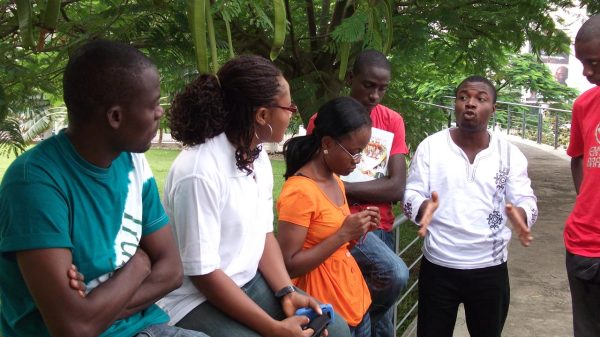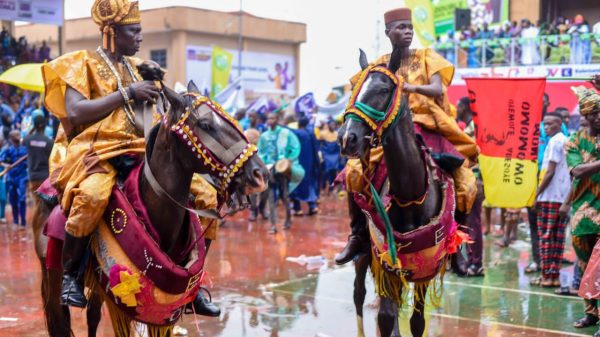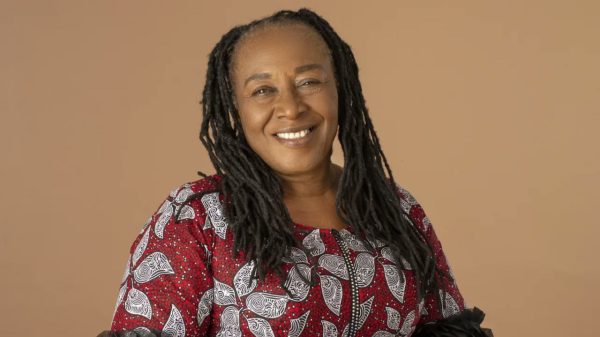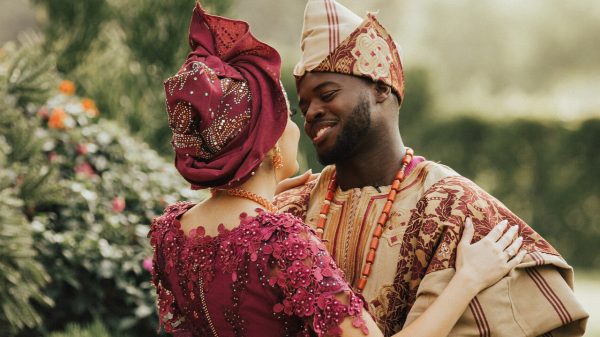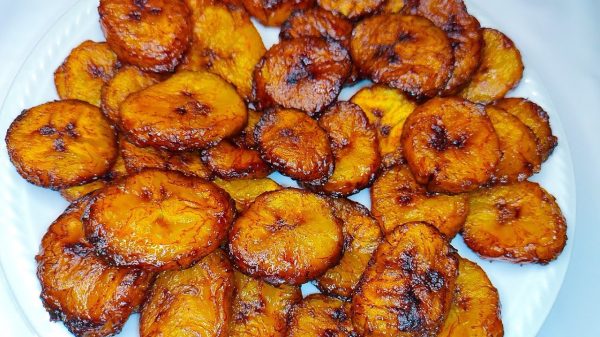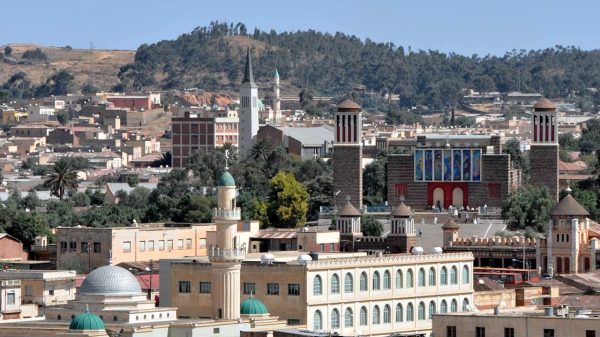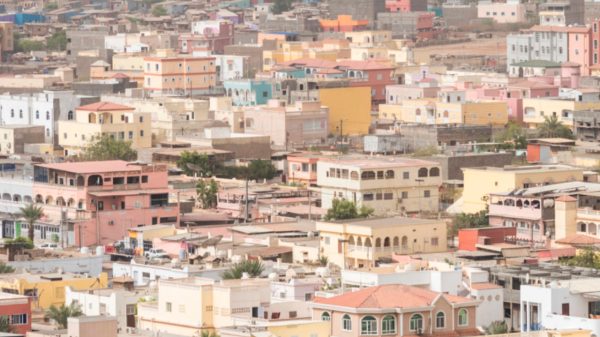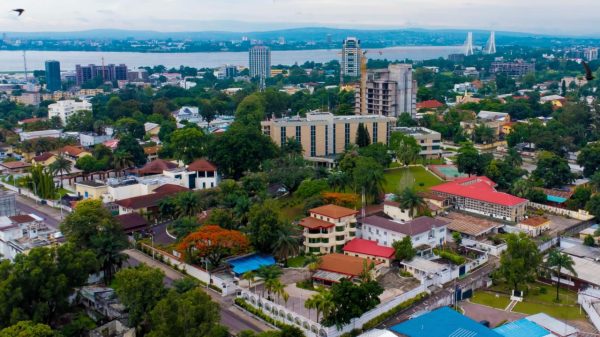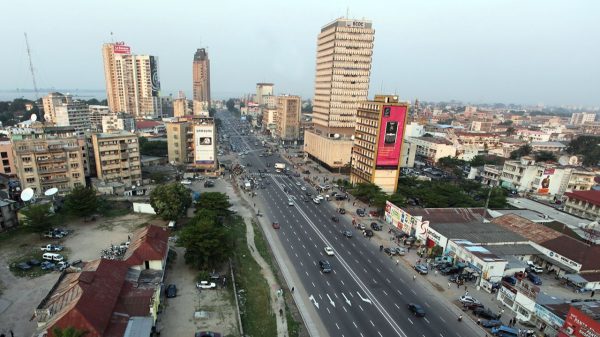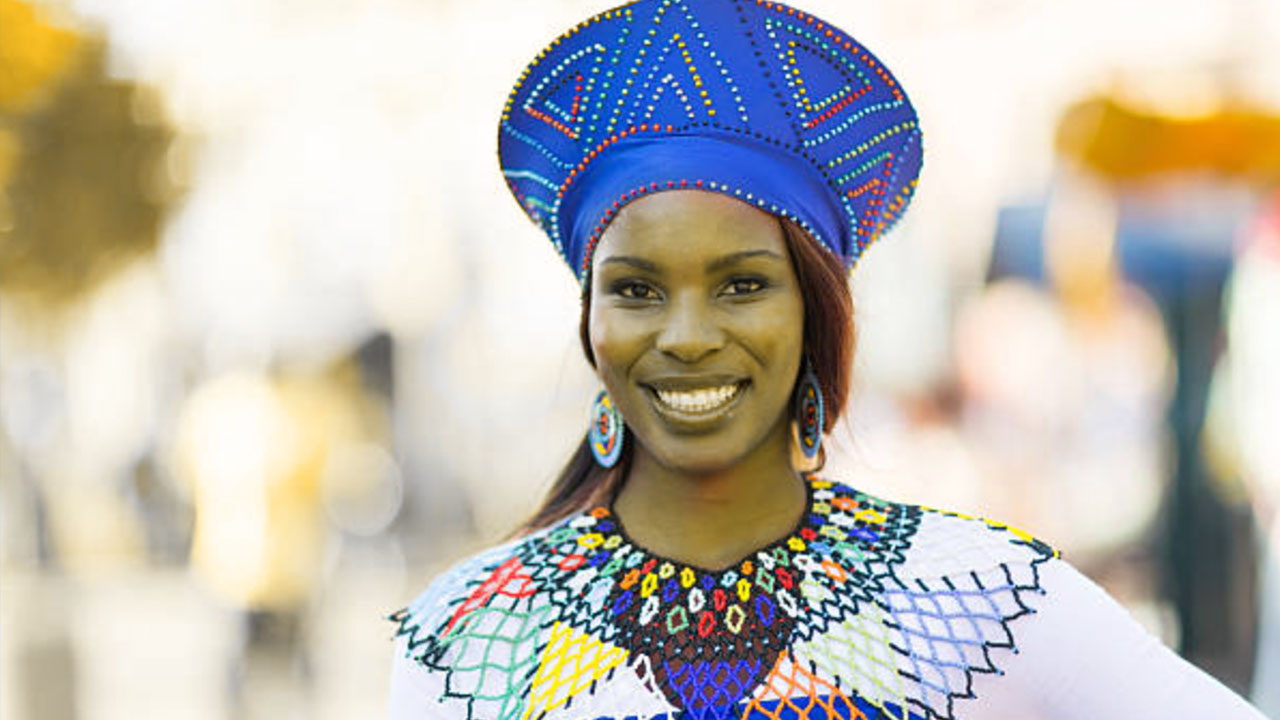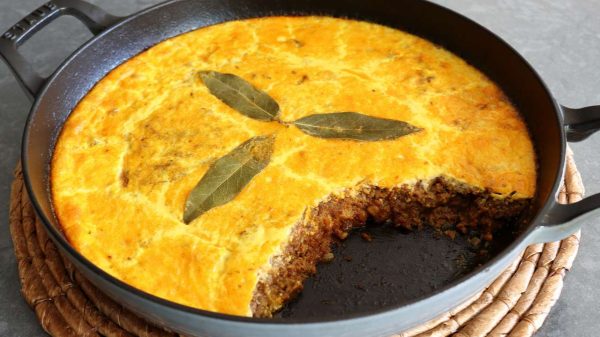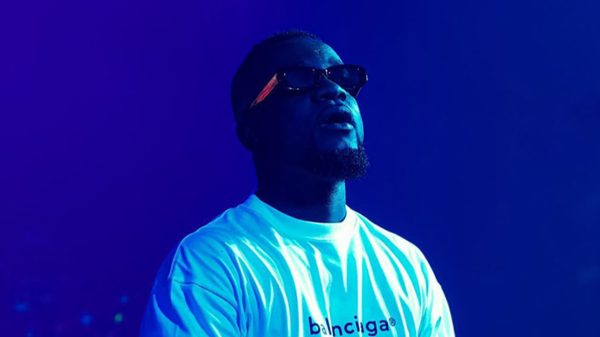Diverse cultures, rich traditions, and a tapestry of languages define South Africa, where naming a child often reflects these vibrant distinctions. Delve into the enchanting world of South African names and uncover their profound meanings.
1. Amahle
Originating from the Zulu heritage, “Amahle” exudes beauty, encapsulating the essence of grace and elegance. Pronounced as Ah-MAH-she, it resonates with the spirit of the “beautiful one”.
2. Annika
A fusion of Afrikaans and Germanic roots, “Annika” carries the majestic connotation of an eagle, symbolizing strength and resilience. Its pronunciation, AR-nou, echoes with authority and vigor.
3. Elna
Rooted in Afrikaans, “Elna” evokes the warmth of affection and endearment, drawing from its origins in Swedish and Danish. Pronounced as ÊLL-nah, it embraces the sentiment of belovedness.
4. Friedrich
Derived from Old Germanic origins, “Friedrich” embodies the harmony of peaceful leadership. With its pronunciation, FRED-e-rich, it signifies a tranquil reign and wisdom.
5. Imka
Reflecting the purity and fluidity of water, “Imka” emerges from Afrikaans and Frisian heritage. Pronounced as IEM-ka, it flows with tranquility and depth.
6. Jabulani
From the Zulu culture, “Jabulani” radiates the joy of celebration, often shortened to “Jabu”. Its pronunciation, Jah-boo-LAH-nee, resonates with festivity and exuberance.
7. Kaya
Rooted in Zulu tradition, “Kaya” represents a serene sanctuary, a tranquil haven amidst life’s chaos. Pronounced as KAH-yah, it offers solace and peace.
8. Kholwa
Spanning across Zulu and Ndebele cultures, “Kholwa” embodies the essence of belief and faith. Pronounced as Col-u-WHA, it signifies unwavering trust and conviction.
9. Lerato
Originating from the Sotho heritage, “Lerato” embodies the deep sentiment of love, pronounced as LE-raa-too, symbolizing affection and unity. Renowned figures like Lerato Kganyago, celebrated as the Queen of Soweto, exemplify its prominence.
10. Lindiwe
Rooted in Zulu heritage, “Lindiwe” signifies the anticipation and patience of a awaited blessing. Pronounced as LIN-dee-wê, it carries the essence of longing and fulfillment.
11. Luan
With its roots in Afrikaans, “Luan” embodies the majestic spirit of a lion, symbolizing courage and strength. Pronounced as LU-han, it exudes power and nobility.
12. Mandla
Rooted in Zulu tradition, “Mandla” epitomizes the strength and resilience of character. Pronounced as MAN-dhla, it reflects fortitude and determination.
13. Mieke
Originating from Dutch roots, “Mieke” symbolizes the fluidity and purity of water. Pronounced as MY-khu, it flows with grace and vitality.
14. Mpho
Spanning across Tswana heritage, “Mpho” represents the precious gift of life. Pronounced as M-phô, it celebrates the blessing of existence.
15. Oratile
Embodying the concept of origin and heritage, “Oratile” transcends gender boundaries, signifying the essence of ancestry. Pronounced as O-ra-TEE-lê, it honors roots and lineage.
16. Thabisa
From the Zulu culture, “Thabisa” illuminates the joy and brightness brought into life. Pronounced as Tha-BEE-sa, it radiates with positivity and optimism.
Frequently Asked Questions (FAQs)
Q1. How do South African names work?
South African names often reflect cultural heritage and can be influenced by various languages and traditions, resulting in a diverse array of names with profound meanings.
Q2: What is the meaning of the name South Africa?
The name “South Africa” refers to the geographical location of the country in the southern region of the African continent.
Q3: What is the South African name for love?
The South African name “Lerato” from the Sotho culture embodies the concept of love.
Q4: What is South Africa’s real name?
The official name of South Africa is the Republic of South Africa.
Q5: What does Alkebulan mean?
Alkebulan is an ancient name for Africa, believed by some to mean “mother of mankind” or “garden of Eden.”
Q6: What was Africa called in the Bible?
Africa was not directly mentioned in the Bible, but some scholars believe that references to the continent may be found under other names such as Cush or Ethiopia.
Q7: Was Ghana mentioned in the Bible?
The Bible does not explicitly reference the present-day nation-state of Ghana. Given that the Bible predates the formation of modern nations, the geographical and political contexts depicted within its pages vastly differ from the realities of contemporary countries like Ghana.
Q8: Who first named Africa?
The origin of the name “Africa” is uncertain, but it is commonly attributed to the ancient Romans or Greeks.
Q9: Is Africa the garden of Eden?
The concept of Africa being the garden of Eden is a matter of interpretation and belief, with various theories and perspectives on the location of the biblical garden.
Subscribe to our Newsletter
Stay updated with the latest trends in African Pop Culture!


